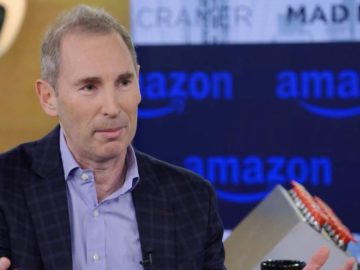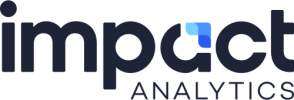MINNEAPOLIS — When you apply for a job, odds are artificial intelligence is working in the background.
“You see it in resume screening, you see it in actually conducting interviews, you see it in retention and even employee monitoring and reviews,” said Nadeem Schwen, an attorney who focuses on the intersection of law and technology at Winthrop & Weinstine.
It’s meant to speed up the initial stages of the hiring process, but not everyone is on-board.
According to a Pew Research Center survey, 71% of U.S. adults oppose the use of AI in making a final hiring decision. Additionally, 41% don’t want AI reviewing job applications.
Laura Cummings falls into those groups.
“If you don’t have the right words in the resume or the cover letter you just don’t move ahead,” said Cummings, who lives in Minneapolis.
AI filtering qualified candidates out is just one problem. There are also legal and ethical concerns.
“The legal concerns are focused on this question of bias. It’s largely unintended bias,” said Schwen. At issue is something known as the “black box” problem.
In many cases, we have no idea how AI systems make their decisions.
What can companies do?
“Educating themselves on the tool, doing a risk assessment, because there are risks of this unintended bias and testing it. Testing it themselves internally, in-house to see what’s going on,” explained Schwen.
The ultimate solution may be government regulation.
“Oversight is eventually going to be something that I think is going to increase and there’s a lot of focus on the developers of this software. Special regulations that apply to them that I think will solve that problem in some way or at least help with it,” said Schwen.
Until then, there are some things you can do to protect yourself.
- Make your resume AI-readable. Simpler is better with a focus on skills.
- Focus on buzzwords for the industry and the employer, based on the job description.
- Use AI to your benefit. The right software can help polish resumes and write compelling cover letters tailored to the job description. But edit those suggestions to sound more like you.
- Make your social media private.
“There are definitely bots that are crawling the web trying to gain additional intelligence on applicants so keeping that in mind can probably help people control their public profile a little better before they get into the application phase,” said Schwen.
The Minnesota consumer data privacy act passed this year and goes into effect in July of 2025.
It regulates automated decision-making, which is creating a profile based on a person’s personal information and then making some sort of consequential decision based on it.
More from CBS News
Derek James





